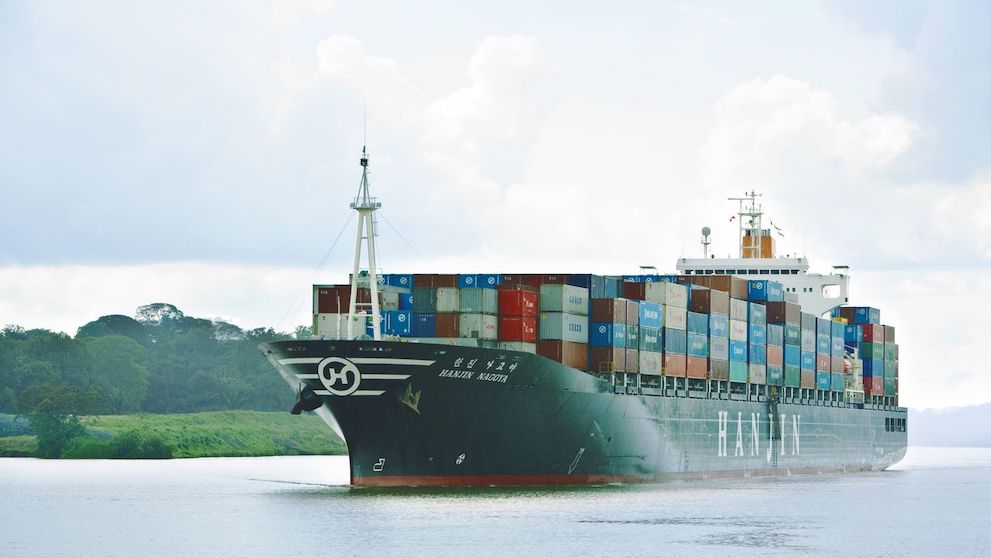With strong mobile and social media penetration and a vastly improving digital infrastructure, e-commerce presents a wealth of opportunities for retail businesses. Based on insights from Statista, the New Zealand e-commerce economy is expected to reach US$6.9 billion in revenue in 2022, and projected to reach US$11.44 billion by 2025.
Additionally, with the share of online shoppers in New Zealand expected to surge to 83% by 2026 according to Statista, global e-commerce sales will likely follow a similar trajectory. Therefore, it comes as no surprise that more companies are looking to expand their businesses internationally.
However, launching an e-commerce or global business requires a lot of planning and preparation. From marketing to international shipping, here are some ways to help you kickstart your e-commerce journey.
1. Develop your product
Businesses need to have a product or products to penetrate the market. There are many factors to consider – from market demand to competitors to pricing structures. E-commerce markets may have lower barriers of entry, but there are also many other companies selling the same thing and going after the same group of consumers.
Start with in-depth market research by reaching on potential target audiences, existing brands and even international shipping regulations. For example, the import of chewing gum is completely banned in Singapore. Laws like this will affect the types of products your company can offer. Despite the impressive rate of e-commerce growth around the world, doing your due diligence will help you stand out from the crowd and develop a product that has a footing in the market.
2. Know your customers
The next step before you start a business in New Zealand targeting an overseas market is to define who your consumers are and what they need. This can be done through market research or by first selling to a sample group of customers. By doing so, you will be able to collect feedback or revise your business strategy to match the consumer demand.
Also, have a think about the consumers’ spending patterns and which countries they usually buy from. These factors will largely influence the success of your e-commerce business. Look into value-added services such as accepting a range of payment methods to provide greater convenience and flexibility for your customers.
3. Plan your packaging
First impression sells, and this is why many companies focus on designing appealing packaging. Great packaging can lead to better sales, so one of the ways to entice a new international crowd is by creating an impactful one.
Apart from just the product packaging, the way the orders are delivered play a big role, too. As cross-border e-commerce inevitably includes overseas shipping, a reliable partner like DHL Express can ensure that your orders are shipped properly. This is especially crucial for e-commerce businesses which ship fragile or sensitive goods such as cosmetics and liquids.
4. Devise your marketing strategy
Another important point to consider is where the distribution and promotion of the brand or product. Some businesses sell their goods on their website, while others opt for e-commerce retailers. In many cases, small enterprises set up their e-commerce business on platforms like Amazon, eBay and Etsy.
Since international e-commerce is usually more complex than domestic sales, focus on overcoming common cross-border challenges. For a start, ensure that your order-to-delivery process is streamlined and can deliver orders to customers efficiently. You can also look into creating an omnichannel experience for your customers, which allows them to browse and shop from different platforms and marketplaces.
5. Reduce your logistics costs
Finally, international shipping rates and customs procedures can impact the performance of e-commerce businesses. For example, though economy shipping can be the cheapest way to ship a package, it usually takes longer and may not meet your customers’ increasing expectations for a fast delivery. Problems such as failed deliveries or damaged packaging can all push up the overall logistics cost, and it can be challenging to manage such issues from another country.
Such unnecessary fees can be prevented by partnering with a world-class logistics service provider like DHL Express, which offers seamless international shipping services for businesses and consumers alike.























